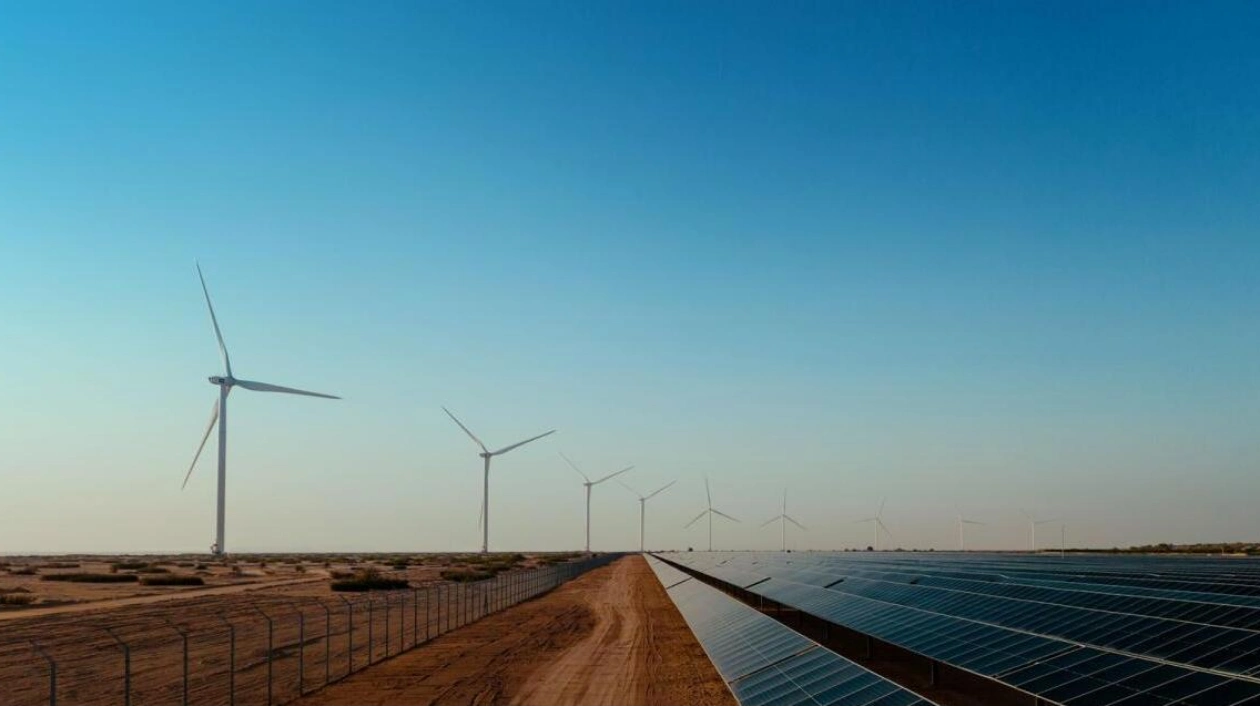In 2023, Masdar's expanding portfolio has significantly amplified its global sustainability footprint through major projects. A recent report, jointly released by Adnoc, Masdar, and Microsoft, titled 'Powering Possible: AI and Energy for a Sustainable Future,' underscores the pivotal role of artificial intelligence (AI) in expediting the global energy system's transition to net zero. This transformation is crucial to address the projected annual increase of 3–4 per cent in global electricity demand up to 2030.
The report emphasizes that AI is indispensable for accelerating the net-zero energy shift by enhancing efficiencies, decarbonizing current systems, and expanding carbon-free energy sources. It estimates that the electricity required for data centers, essential for AI and other digital services, will surge between 8–23 per cent annually until 2026, accounting for 0.24 per cent of global electricity demand. Despite the $250 billion invested in AI between 2017 and 2023, only 5 per cent of this funding was directed towards the energy sector.
According to the International Renewable Energy Agency (IRENA), to meet the tripling target, the deployment rate of renewable energy must increase by 16 per cent annually through 2030. Key challenges such as permitting, grid infrastructure, financing, and supply chain bottlenecks must be addressed to achieve this goal. The report also highlights AI's potential to reduce methane emissions, a greenhouse gas 80 times more potent than CO2. Advanced AI tools are expected to detect methane leaks with up to 20 per cent greater accuracy than traditional methods, aiding the energy sector in meeting the Global Methane Pledge's goal of a 30 per cent reduction by 2030.
The report outlines a roadmap to manage the escalating energy demands of AI-driven data centers, which are forecasted to nearly double their share of global electricity consumption by 2026. While AI's electricity consumption is relatively modest on a global scale, in certain regions, data center electricity demand can constitute a substantial portion of the total load. For instance, in the European Union, where data center electricity demand is projected to grow at approximately 9 per cent annually, it could surpass 5 per cent of the total regional load by 2026.
Masdar, the UAE's clean energy leader, emphasizes in the report the transformative potential of AI for the global clean energy industry. The data centers required by the industry will increasingly drive global energy demand, necessitating a multifaceted approach to harness AI's full potential sustainably. Dr. Sultan Ahmed Al Jaber, Minister of Industry and Advanced Technology, Chairman of Masdar, and ADNOC Managing Director and Group CEO, underscores the importance of collaboration to address AI's near-term challenges and unlock its long-term benefits across the energy value chain.
Brad Smith, Vice Chair and President of Microsoft, highlights the dual imperative of meeting the AI moment while transitioning to a more sustainable economy. He emphasizes the need for generating more carbon-free energy to power AI and leveraging AI to enhance capacity, optimize transmission, and expand energy access worldwide. The report identifies priority areas for collaboration between the energy and technology sectors, including investing in AI for energy transformation, expanding grid capacity, building workforce capabilities, developing AI for emerging economies, establishing data standards, and advancing policy and governance principles.
AI capabilities have advanced rapidly, with investment expected to reach $150 billion by 2025. Ensuring access to reliable carbon-free energy is crucial for AI's continued development and growth, necessitating collaboration between technology and energy leaders.
Source link: https://www.khaleejtimes.com






